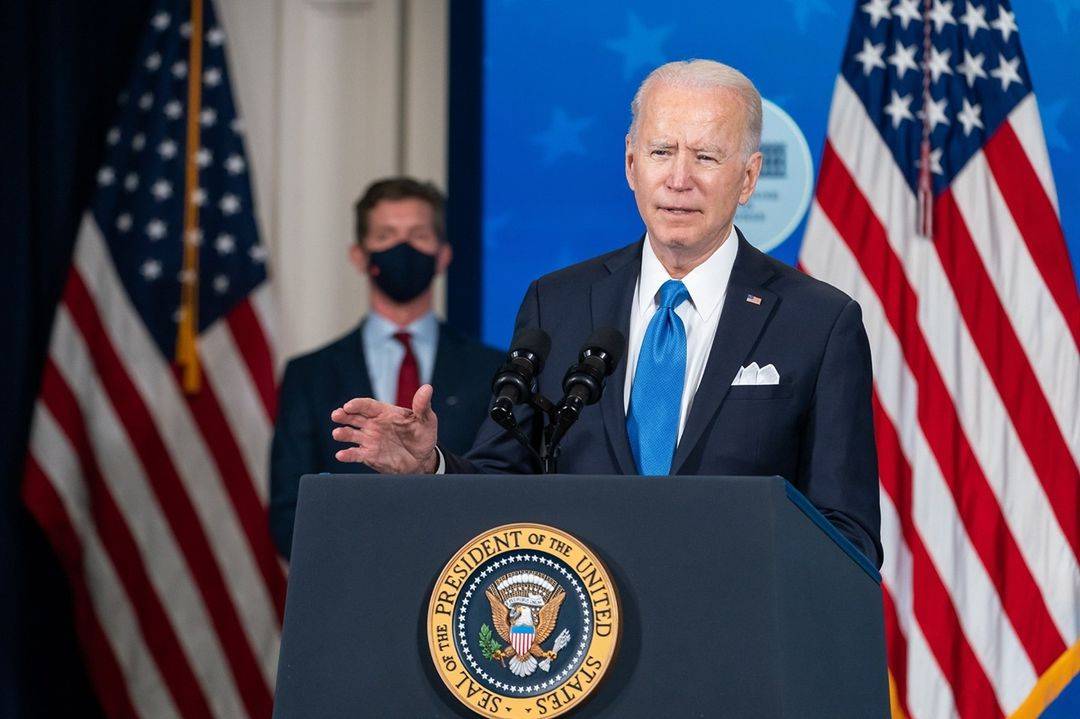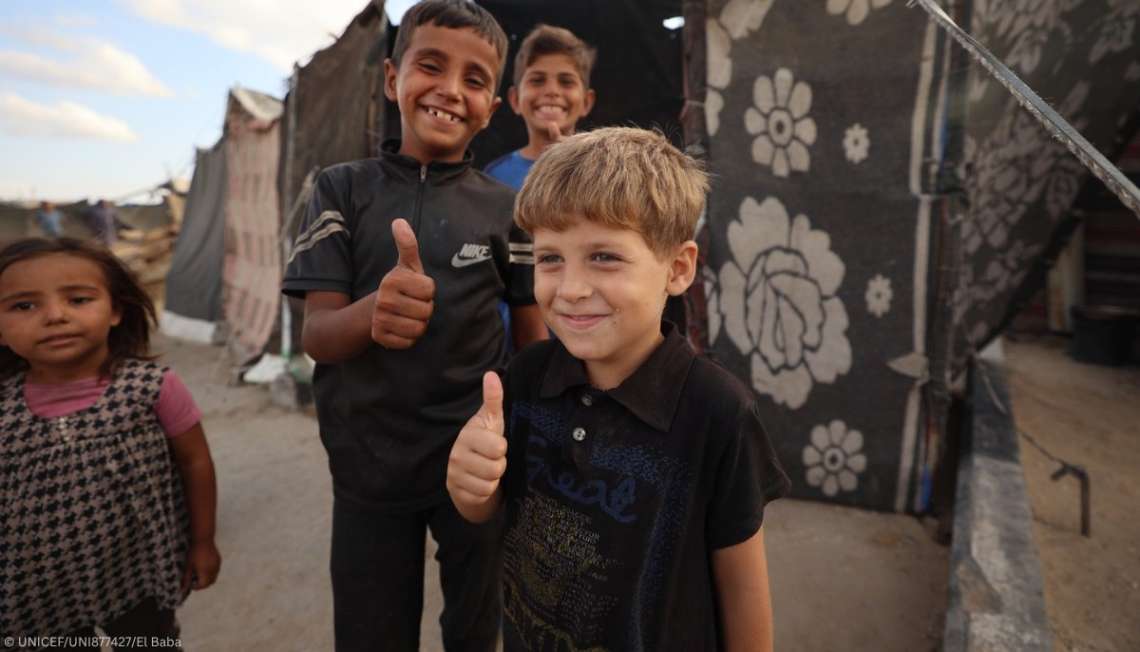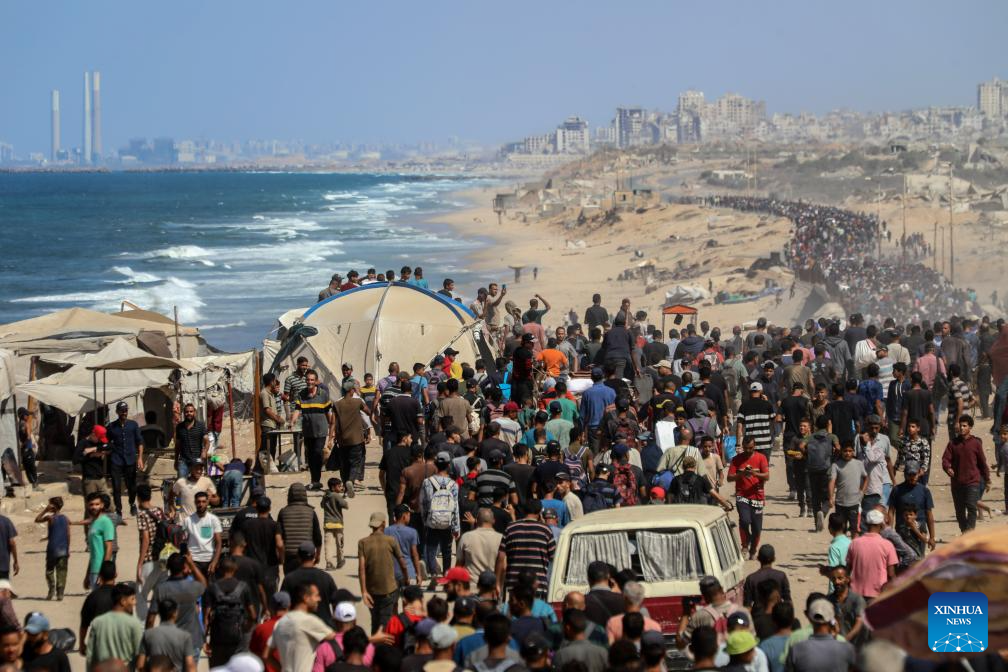The Ahmadiyya Muslim community leaders continued to report they were affected by discriminatory and ambiguous legislation and court judgments that denied them basic rights…reports Asian Lite News
The 2020 report International Religious Freedom released by the United States on Wednesday (local time) has highlighted a downward spiral of religious expression in Pakistan, most notably in the form of blasphemy laws, punishment for which ranges up to the death penalty.
Citing civil society reports, the IRF report mentioned that there were many individuals imprisoned on blasphemy charges, at least 35 of whom had received death sentences, as compared with 82 individuals imprisoned on blasphemy charges and 29 who received death sentences in 2019.
According to the Center for Social Justice, a national nongovernmental organisation (NGO), at least 199 individuals were accused of blasphemy offenses, a significant increase over 2019 and the highest number of blasphemy cases in a single year in the country’s history. The accused were mostly Shia (70 per cent of cases) and Ahmadi Muslims (20 per cent of cases).
The Ahmadiyya Muslim community leaders continued to report they were affected by discriminatory and ambiguous legislation and court judgments that denied them basic rights.
The report also put light on the July killing of US citizen and self-identified Ahmadi Muslim Tahir Naseem, who was standing trial for blasphemy charges, after which some political party leaders celebrated the killer’s actions.
Meanwhile, armed sectarian groups, including Lashkar-e-Jhangvi (LeJ), Tehreek-e-Taliban Pakistan (TTP) and others designated as terrorist organisations by the US and other governments, continued to stage attacks targeting Shia Muslims, including the predominantly Shia Hazara community.
Throughout the year, unidentified individuals targeted and killed Shia Muslims, including ethnic Hazaras, and Ahmadi Muslims in attacks believed to be religiously motivated. After Naseem’s murder, Ahmadi professor Naeemuddin Khattak was shot and killed while driving home from work in October 2020, while in the next month, unknown gunmen killed an 82-year-old retired government worker belonging to the community, the report said.

ALSO READ: Covid-19 surge continues in Pakistan
Human rights activists reported numerous instances of societal violence in Pakistan related to allegations of blasphemy; of efforts by individuals to coerce religious minorities to convert to Islam; and of societal harassment, discrimination, and threats of violence directed at members of religious minority communities.
On December 2, the Secretary of State redesignated Pakistan as a “Country of Particular Concern” (CPC) under the IRF Act of 1998, as amended, for having engaged in or tolerated particularly severe violations of religious freedom and announced a waiver of the sanctions that accompany designation as required in the important national interests of the United States.
The report also said that instances of torture and mistreatment by some police personnel were part of broader human rights concerns about police abuses against citizens of all faiths reported by local and international human rights organisations.
In its 2020 World Watch List report, the international NGO Open Doors said that Christians in Pakistan face “extreme persecution in every area of their lives, with converts from Islam facing the highest levels”, the US report further noted.
Earlier, the Human Rights Commission of Pakistan (HRCP) has said in its annual report that as in preceding years, Pakistan witnessed substantial human rights violations in 2020, from forced conversions of religious minorities and crimes against women to enforced disappearances and curbs on freedom of expression.
In the report titled, ‘State of Human Rights in 2020’, HRCP added that “as the experience of 2020 shows, these injustices, if left simmering, only intensify during severe crises such as a pandemic. While this makes mitigation efforts all the more difficult, it does not mean that it makes them impossible.” (ANI)













